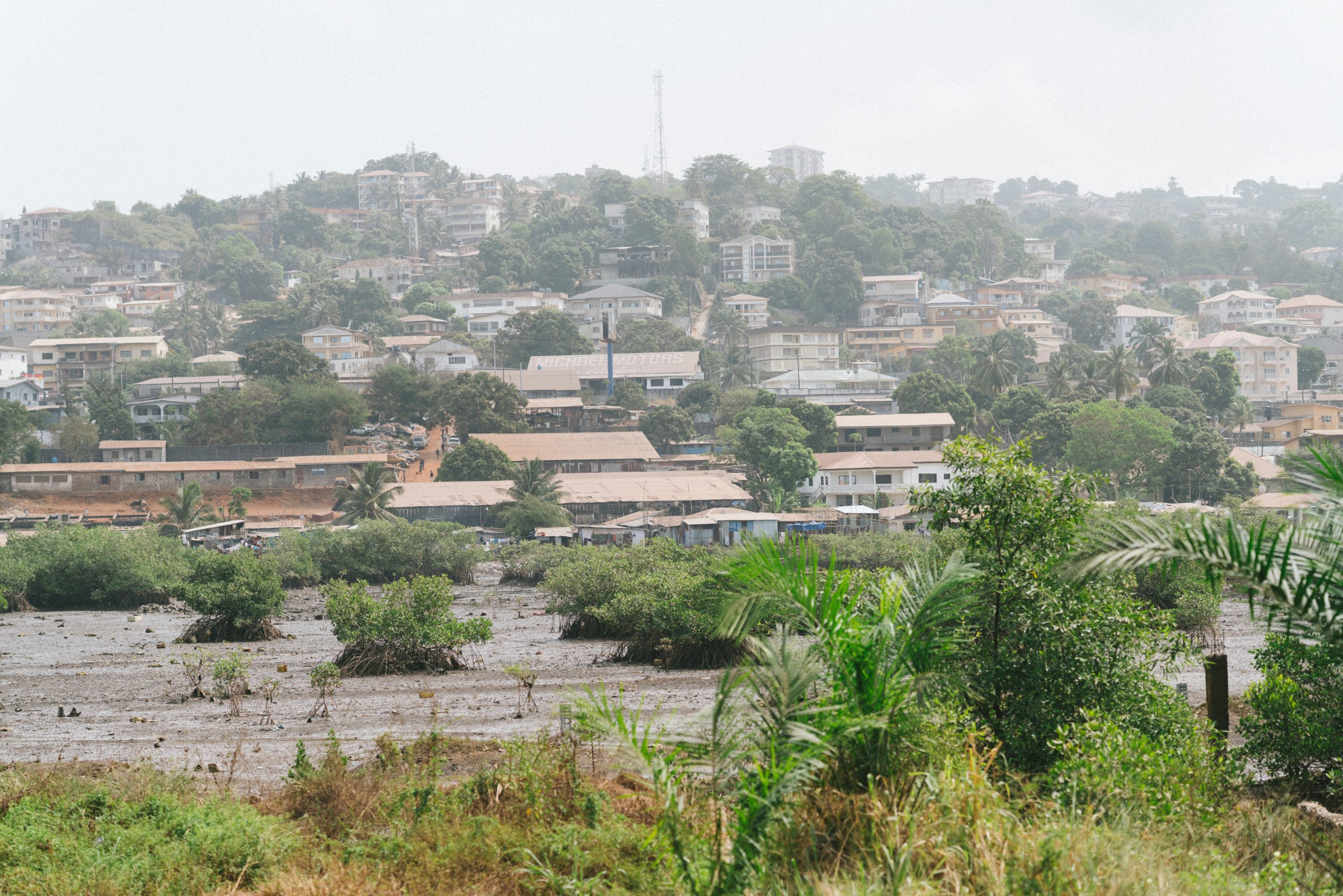A review of Aminatta Forna’s book The Devil That Danced on the Water
“I pondered how peculiarly western was my search for the truth, as though it were there to be found at all.”
– The Devil That Danced on The Water, Aminatta Forna
This memoir tells a personal and a national story. Aminatta was still young when her father was killed by their country’s president and in adulthood, she undertook a journey to discover the meaning behind mysterious events in her childhood which led up to her father’s death. She wanted to learn some truth about her father and a world of deception unfolded.
Having little prior knowledge of Sierra Leone’s history, this book was particularly interesting as it’s hard to imagine such a personal story of national betrayal. Her own story was based on a little girl’s memories, but it is unique and I’m glad she took the time to delve further into it, to return to her roots and ask important questions of family, friends, strangers, and even enemies in order to piece together the puzzle of events. As a hobby genealogist, I realize all too well the intrigue and also the difficulties that arise from researching into your family’s history.
Honor and shame from no condition rise; Act well your part: there all the honor lies.
Mohammed Forna
Events reveal themselves to us, but only after the fact and only once investigated. Life happens, but it is people who write the history of those events. If we only ever heard President Siaka Stevens’ version of history we wouldn’t know the truth of Aminatta’s father. That he was a principled man who was willing to die for what he believed in.
A theme throughout the book is the shameless corruption perpetrated by high-ranking government officials and their indifference to dignity and a human’s basic rights. I often wonder what is it that makes one person corrupt and another devoted to service, where one has only greed to take and another never has enough to give. I think this theme will come up again and again during this #60AfricaBooks Reading Challenge. Sierra Leone had become a collapsed state left to its own devices which allowed the grabs for power. It makes one wonder if a benevolent society is possible or if it must be governed to become one.
“In the African oral tradition great events and insignificant moments, the ordinary and the extraordinary, are notches on the same wheel.”
– The Devil That Danced on The Water, Aminatta Forna the book
I love the moment when she is with her father in the car park by the beach. A small moment, spending a day with family and running to the car for a quick errand turns into a monumental display of character and emotion. The whole car park is enamored as the president drives through, while Muhammed Forna casually carries on with his task. An act of disrespect, defiance, and as all his acts proved to be, true to himself.
“The whirligig of my childhood had made me unquestioning and passive in the face of change: parents, families, houses, countries, schools revolves around me, while I stood still center stage.”
– The Devil That Danced on The Water, Aminatta Forna
I moved once during my childhood and that was a big deal. It came to reflect what I learned I could do, accept change. Forna was no stranger to change and I love the way she describes it – change didn’t bother her because she was still herself. What a beautiful way of looking at the world.
Discussion Questions:
1. It does not seem like her siblings were much involved in this search. Would you have undergone this search for truth if you were in the same position?
2. Did you notice any other themes through the book that stuck out to you?
Answer in the comments below
More Information:
Donate books in Sierra Leone with Book Aid
Find more books on Sierra Leone from GoodReads



